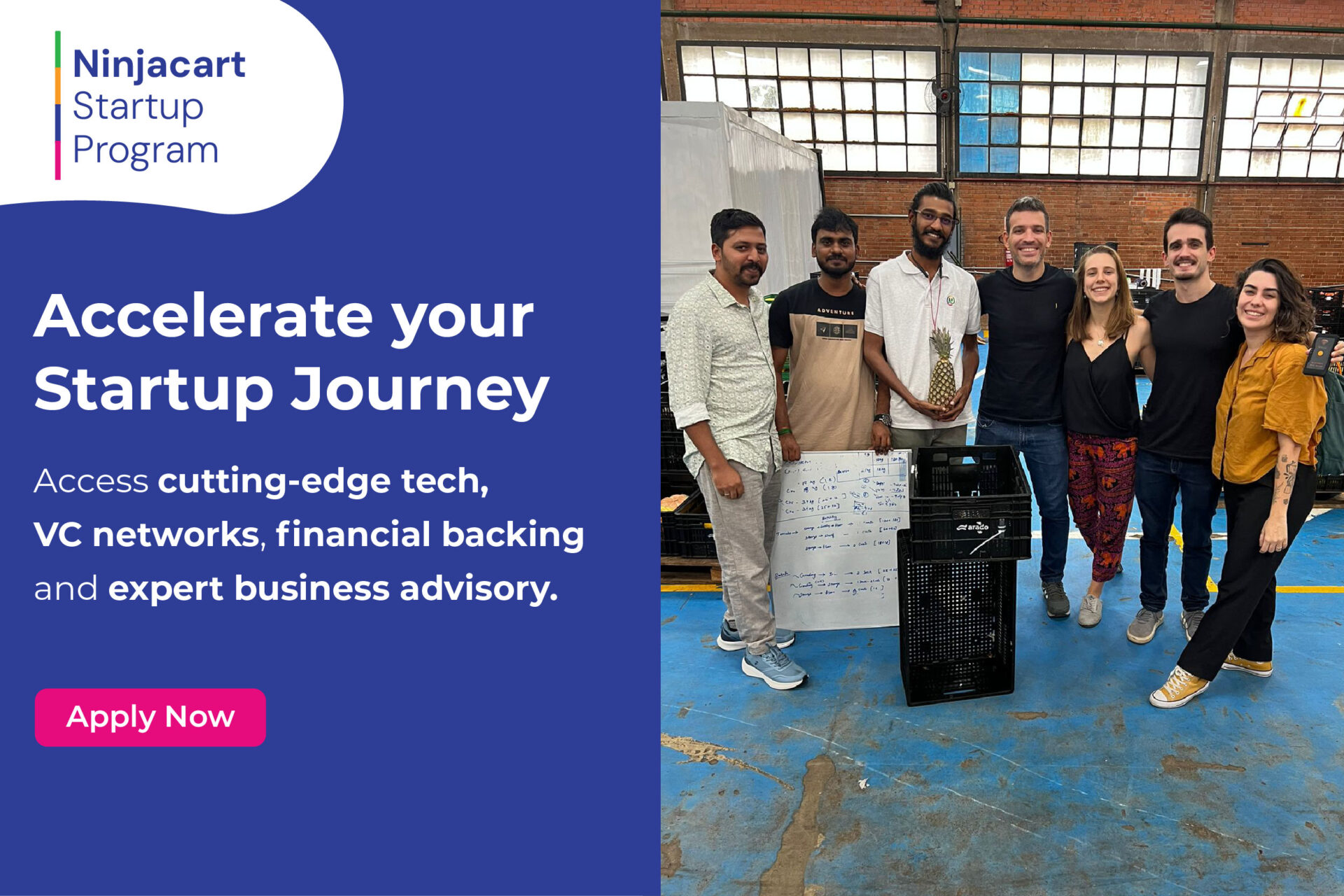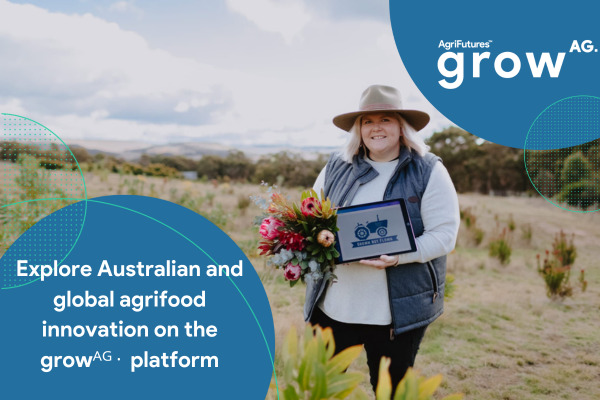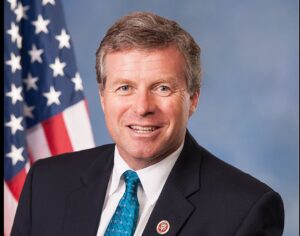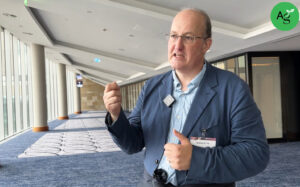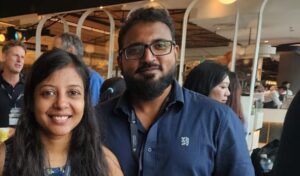In January, several news sources got their hands on a leaked UN Climate Change report from theIntergovernmental Panel on Climate Change, or IPCC. The general message wasn’t promising: If the world does not make significant cuts in carbon in the next 15 years, the problem of climate change will be nearly impossible to reverse.
This means green technology and ag-tech are sectors business leaders need to turn to over the next 15 years. Investment not only into the green tech sectors, but also into ag-tech and food tech will be the best way to achieve sustainability. And the sectors are not getting it from the government.
The IPCC report cited that governments are continuing to subsidize fossil fuels much more than green technology, according to the NYT. As of 2012, the private sector was the main source of investment for green energy, according to a CNN report. In fact, private sector investment was almost double that of government investment. (Check out their full report, here.)
“There is an awakening of increasing economic risk,”said Dominic Waughray, head of environmental initiatives for the Davos forum,to the NYT. “[There is] a recognition that operating conditions are changing and we need to respond….There has been a failure of government to address these solutions. If there is an alliance of companies that can bite off pieces of the puzzle, it might help.”
If private investment is the answer, business leaders not only need to start raising capital, but also gaining a broader perspective on what it means to be “successfully” sustainable.
“We don’t have a good models for what success looks like,” said futurist Jamais Cascio in, “Bots, Bacteria and Carbon,” an Ensia lecture. “We’ve been trained in many ways to think of only bad outcomes,” he said.
Cascio explores three “narratives” he sees as possibilities for the future—one in which government is the driving force of change, one in which community is the driving force of change, and one in which change comes from innovation and technology.
“They aren’t just wild guesses as to what the future could hold,” he said. “These three scenarios are based off of observations that I make. What I do as a futurist—what I do as a foresight specialist—is I watch the world around me, and I look for ways in which seemingly disparate areas are connected.”
Cascio looks at how policy, people, business and actions are all connected. Check out his observations below.
If our society—or at least our business, community and policy leaders—can start adapting this perspective, we just might be able to start seeing this leaked report’s findings not as a death sentence, but rather, as an opportunity.
FEATURED PHOTO: Kevin Dooley/Flickr


